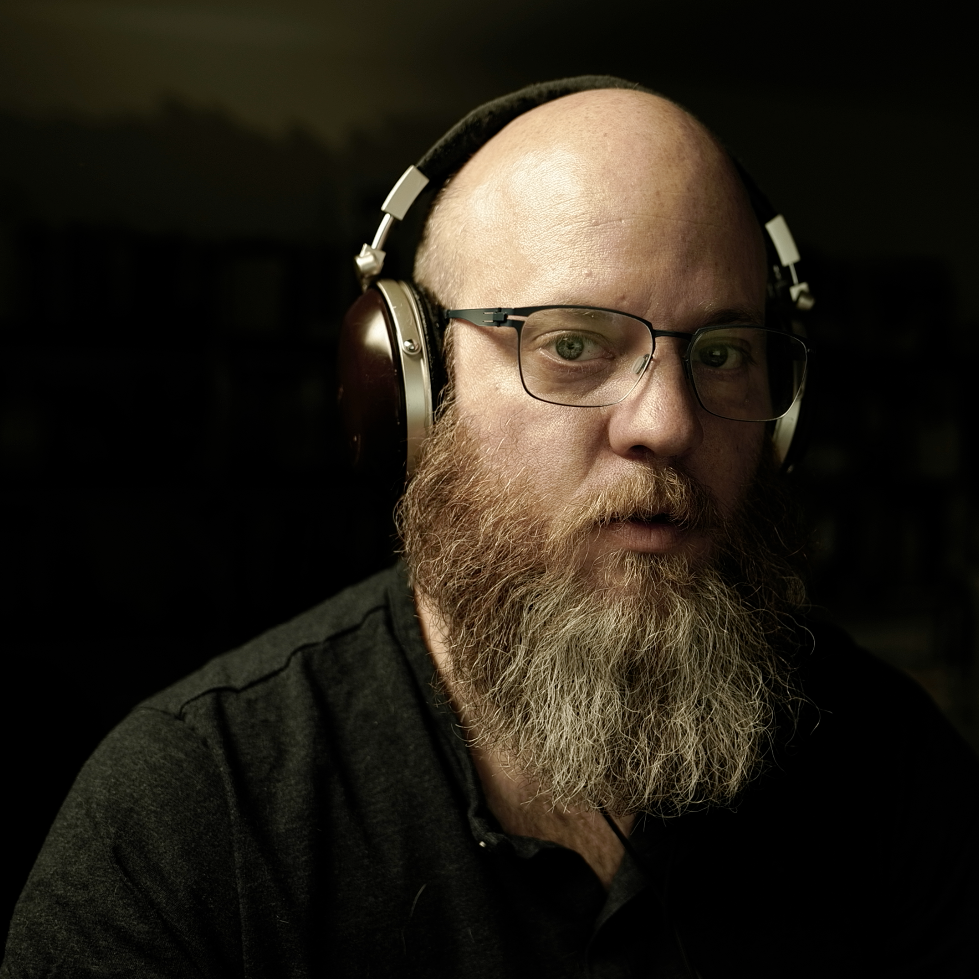 |
 |
 |
 |
 |
 |
 |
 |
 |
*
If you feel like the dog at the end of the series, defeated by the amount of work thrown at you. You are not alone.
Knowledge workers throughout the world are being overwhelmed by demands to do more, more, more…. be hyper-productive! faster!
The worst part is that, due to the intangible nature of knowledge work, many of them don’t even realize how overloaded they are. They know they are far too stressed, but they just can’t get ahead. The only answer it seems is to work harder and longer hours.
There is however an alliance forming… a group of thinkers and experimenters, who believe that working harder isn’t the only answer.
These rebels use concepts from psychology, sociology, Systems Thinking, Theory of Constraints, risk management, options theory, and cognitive complexity to model and study the systems they work in. They believe that by making the systems visible and explicit, the individuals in the system may gain a better understanding of it and have better opportunity to improve it. By continually evolving the systems they work in workers and managers are creating better outcomes for themselves and the businesses they work for.
Join the conversation, join us… at Lean Kanban North America, in Chicago at the end of April.
I can’t promise we’ll help with your dirty socks, but we’ll share what we know about Limiting WIP and increasing flow.
P.S.







Scuttlebut